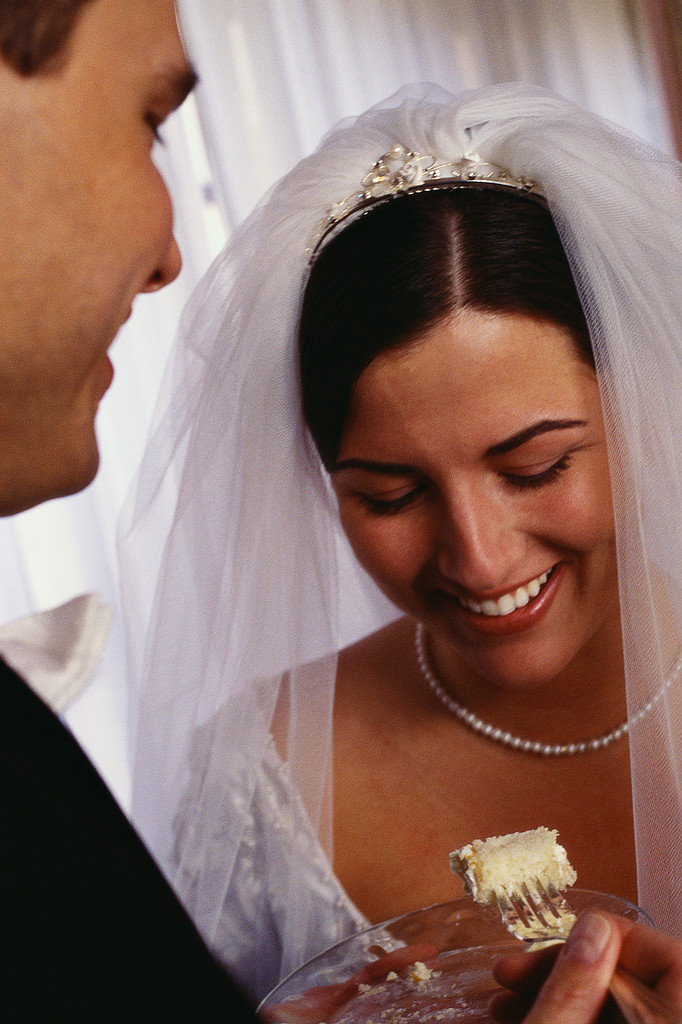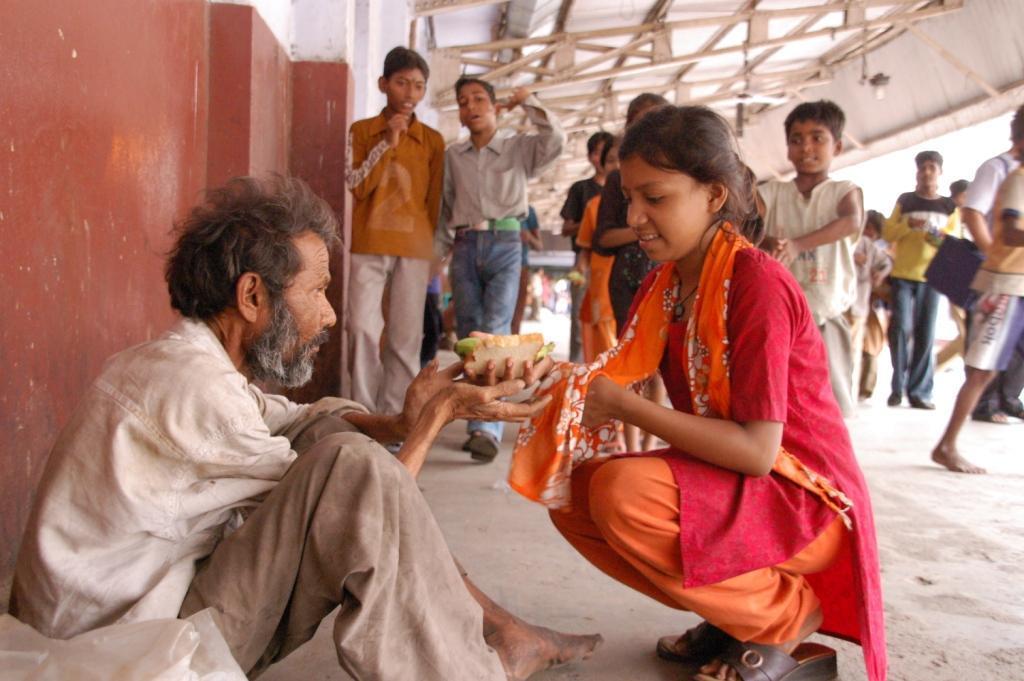Catholic Family, Become What You Are – The Sacrament Of Marriage

The Sacrament of Marriage in the Catholic Church is governed by a number of Canons that determine its validity and legality (Canons 1055-1165). Canon 1057 states what a marriage is when it says ‘Matrimonial consent is an act of will by which a man and a woman by an irrevocable covenant mutually give and accept one another for the purpose of establishing a marriage.’ Stated simply but profoundly, the Canon says that they two persons, man and woman (and no other combination of genders) mutually give and accept one another by an act of will which creates an irrevocable covenant. It is important for our understanding to elaborate a little on the three key elements of this Canon and the effect of sin on them. They are:
1. ‘Irrevocable Covenant’:
Marriage is a covenant in the biblical sense which means, among other things, that it is unconditional, indissoluble (lifelong) and contains limitless possibilities. The limitless possibilities are a direct result of the unconditionality and indissolubility of the marriage covenant. It is precisely this unconditional love in the context of an unbreakable (indissoluble) commitment to self-giving that makes possible the kind of environment necessary for love to mature, and healing and conversion of the spouses to occur. With God’s grace, the possibilities are indeed boundless. It is this unconditional love, this covenant love that will sustain the marriage.
indissolubility of the marriage covenant. It is precisely this unconditional love in the context of an unbreakable (indissoluble) commitment to self-giving that makes possible the kind of environment necessary for love to mature, and healing and conversion of the spouses to occur. With God’s grace, the possibilities are indeed boundless. It is this unconditional love, this covenant love that will sustain the marriage.
The matrimonial covenant when existing between two baptized persons has been raised by Christ the Lord to the dignity of a Sacrament. This means that the love of spouses for each other is the sign of a much deeper reality. This reality is the New and everlasting Covenant in which the Son of God by becoming flesh (incarnate) and giving His life has united to himself in a certain way all humankind saved by him, preparing them for the ‘wedding-feast of the Lamb’. In other words married love makes Christ present in the world in a unique and magnificent way through his grace made present in the love of the couple.
2. ‘An Act of Will’:
The most profound and by far the most important element in the creation of love in persons is the will. It is in the will that the power to create love in a human being and between persons is vested. “Love between persons is essentially a creation of human free will. The will is…the final authority in ourselves, without whose participation no experience has full personal value…The will is a creative power…Willed love expresses itself above all in the desire of what is good for the beloved…A free commitment of the will is possible only on the basis of the truth.” (L & R)
3. ‘Mutually give and accept one another’:
Betrothed love involves the gift of self. When two people give themselves each to the other, the gift of self does not diminish nor becomes impoverished. The lover finds a fuller existence by ‘going outside’ of self in another. If one takes away from love the fullness of self-surrender and the completeness of personal commitment, what remains will be a total denial and negation of that love. (L & R)
Betrothed Love is the giving of one’s own person to another. The essence of this love, then is self-giving, the surrender of one’s ‘I’. This is the most uncompromising form of love and makes one’s inalienable and non-transferable ‘I’ someone else’s property. This in fact celebrates and symbolizes the meaning of the Eucharist which itself is a source of this love.
4. The effects of sin on the living out of this sacrament:
Free will is exercised in the human being who is both spirit and body and it is in this space that original sin took hold. God’s eternal plan for the body is union, communion and marriage and this brings life. Sin’s plan for the body is however separation, fracture, divorce and this brings death. What’s at stake here then is the healing and conversion of the ‘I’ in the marriage relationship so that it can be given to the other freely in the will and the ‘I’ becomes ‘We’. As Guadium et Spes says, Man and Woman “cannot fully find himself except through the sincere gift of himself” (GSn24). It is by renouncing themselves and taking up the cross of conversion of the will, that spouses will be able to receive the original meaning of marriage and live it with the help of Christ who wills it to be. This brings us now to a Theology of Marriage.
THE ORIGINAL MEANING OF MARRIAGE
The original meaning of marriage is to be found in Genesis I, Mathew 19:3-9 and Eph 5:21-32 as taught by John Paul II in his catechesis on the Theology of the Body. To really fully understand and celebrate married love and the vocation of marriage one must see the Created and Redeemed DVDs on this Theology of the Body Catechesis. It will make all the difference to your life, your love and your family.
An essential part of this teaching on married love is that in order for spousal love to be genuine and reflect Christ’s love for his Church that love must be Free, Total, Faithful and Life giving. (TOB) –
FREE – It must involve the use of the Will.
One’s desire must be directed to a genuine good and longing for the other’s good.
It must be reciprocal. This means that love is not just something in the man or in the woman but by its nature something between two persons, something shared. Fully realized, it is an interpersonal matter. It is a force which joins and unites. (L & R)
Love between a man and woman must become friendship also because in friendship the decisive part is played by the will. To be able to rely on another person, to think of that person as a friend who will never prove false, is for the person who loves a source of peace and joy. Without this friendship one is fooled into believing that when the pull of emotions and sensations breaks down, love is also at an end.
One must recognize that the sensual, the sentimental, and the use of the senses are raw materials for true love not the love itself.
Freedom of the will is possible only if it rests on truth in understanding. This is where the objective concept of duty comes in, for it is a person’s duty to choose the true good. It is, indeed, duty that most fully displays the freedom of the human will. The will ought to follow the true good. There is no possibility of psychological completeness in love unless ethical completeness is attained. Love as experience then should be subordinated to love as virtue, since without love as virtue there can be no fullness in the experience of love. (L & R)
Every person of the opposite sex possesses value in the first place as a person, and only secondarily possesses a sexual value. The sensual and emotional content in a relationship with someone of the opposite sex must somehow be adjusted to the knowledge that the human being involved is a person. “The fundamental ethical characteristic of love is that it is an affirmation of the person or else it is not love at all”. Love in the full sense of the word is a virtue, not just an emotion, and even less an excitement of the senses. (L & R)
One is not here neglecting the sexual values to which the senses and emotions react but one must bind these values tightly to the value of the person, since love is not directed towards ‘the body’ alone nor even ‘a human being of the other sex’, but precisely towards a person. (L & R)
TOTAL – Spousal love must be given without reservation. “The most uncompromising form of love consists precisely in self-giving, in making one’s inalienable and non-transferable ‘I’ someone else’s property” (L & R). This, we recognize, is Eucharist. It is paradoxical in that the ‘I’ far from being destroyed or lessened in any way grows larger and more enriched, more fully human. This is betrothed love because it involves a unity of persons. (L & R)
This love is total also because it involves attraction to the person as Person not merely their inner and outer qualities. This means an openness to what is potential and not only what is present. Remember limitless possibilities.
FAITHFUL – Fidelity to the journey in marriage involves the commitment of freedom. Love consists of a commitment that limits one’s freedom. This might seem to be something negative and unpleasant, but love makes it a positive, joyful and creative thing.
Freedom exists for the sake of love. If freedom is not subjected to love it becomes a negative thing resulting in feelings of emptiness and unfulfillment. Love leads freedom to commitment and imbues it with goodness, to which freedom is naturally attracted. Humankind longs for love more than freedom – freedom is the means and love the end. Freedom is not contrary to limitations or boundaries. Rather acting within healthy, realistic and appropriate boundaries is what’s most liberating because it purifies the love and disciplines the senses.
Faithfulness in love requires Divine Grace. A person is aware that his/her own spiritual reserves alone are inadequate for the development of his/her personality through love….The operations of Grace take a person beyond the confines of his/her personal life and bring him/her within the realm of God’s activity….Here he/she is given the strength and power to live fidelity and stay on the journey. A permanent commitment is the only environment in which a person will be willing to become completely vulnerable in sharing oneself with another so that healing and conversion can take place.
LIFE GIVING (FRUITFUL) – Canon 1055 states that “Marriage is a partnership of every aspect of life, ordained to the good of the spouses and to the procreation and education of offspring.”
“In the sexual relationship between man and woman two orders meet: the order of nature which has as its object reproduction, and the personal order, which finds it expression in love of persons and aims at the fullest realization of that love. We cannot separate the two orders, for each depends on the other…, the correct attitude to procreation is a condition of the realization of love.” (Love and Responsibility, pg. 226)
The Church makes it clear therefore that it’s teaching on the conjugal act (sexual intercourse between husband and wife) “is founded upon the inseparable connection, willed by God…between the two meanings of the conjugal act: the unitive meaning and the procreative meaning.” (Paul VI, Humane Vitae)
For spousal love to be authentic it must be fruitful, as is Christ’s love. In regards to the fruitfulness of married love, Familiaris Consortio says that “…conjugal love…does not end with the couple, because it makes them capable of the greatest possible gift, the gift by which they become cooperators with God for giving life to a new person. F.C. #14.
“Thus the couple, while giving themselves to one another, give not just themselves but also the reality of children, who are a living reflection of their love, a permanent sign of conjugal unity and a living and inseparable synthesis of their beings as a father and a mother.” F.C. #14
Finally, sexual intercourse between spouses is where the words of their wedding vows become flesh and the fruit of these vows must be life and love.
It is on the basis of the above that the family is and continues to become a community of life and love.






